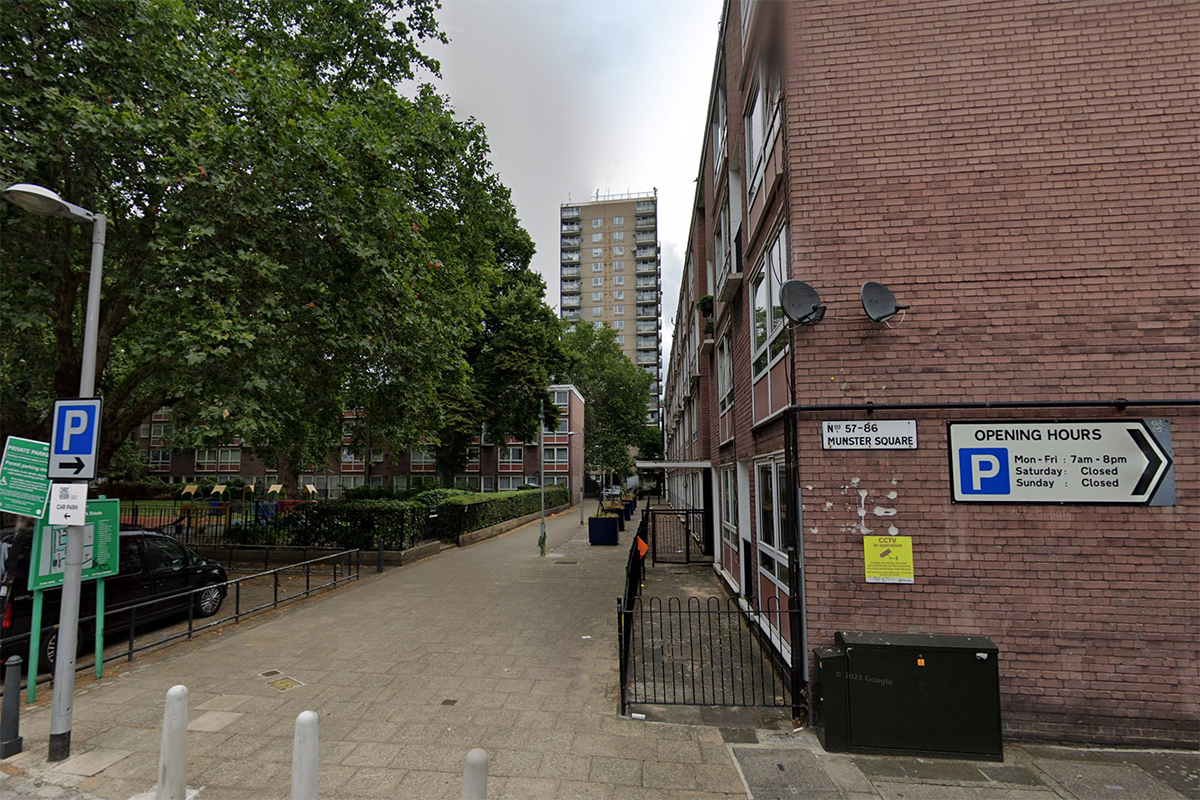You are viewing 1 of your 1 free articles
Councils sack ALMO board following health and safety failures
Four Kent councils have today dismissed the board of their ALMO and taken it under direct control in response to major health and safety failings.
Canterbury, Dover, Thanet and Folkestone & Hythe councils said they acted after an independent report into problems at East Kent Housing (EKH) concluded that it is “fundamentally broken”.
The authorities’ chief executives – named Colin Carmichael, Nadeem Aziz, Madeline Homer and Susan Priest respectively – will now make up the EKH board.
EKH, which manages around 17,000 homes on behalf of the four councils, had appointed PR expert Jamie Weir as its new chair as recently as October.
Its other board members included Canterbury councillor Dave Wilson, Dover councillor Trevor Bond and Folkestone & Hythe councillor Connor McConville, plus two resident members and two independents.
The councils would not give any information on the future of Deborah Upton, chief executive of EKH.
Issues at EKH became public in June when it admitted its failure to keep hundreds of gas safety checks up to date, with an internal audit later concluding “no assurance” on fire, lift, electrical and water safety.
In September, the Regulator of Social Housing (RSH) hit Canterbury, Dover, Thanet and Folkestone & Hythe councils with notices that they had broken its Home Standard through the failings.
The report that prompted the sackings, carried out by housing consultancy Pennington Choices and commissioned following the regulatory action, said that the board’s role was not properly understood by the councils or EKH, rendering it “effectively redundant”.
It pointed to EKH’s structure as an ALMO working for councils “with their own differences and priorities”, “the lack of a clear, inspirational relevant purpose for EKH”, and a “dysfunctional relationship” with the authorities because of its health and safety failings, as well as “ineffective” governance and leadership.
Noting a lack of effective action to fix the problems, it added: “Residents could quite reasonably see this failure in leadership as unforgiveable considering the seriousness of the safety issues in question and the wider context of the Grenfell tragedy.”
More specifically, Pennington Choices found poor data management and IT capability, a failure to award contracts “in a timely manner”, and a perception among EKH staff that saving money was the key priority.
As of 5 December there were 24,000 outstanding compliance issues across all homes under EKH’s management, according to an officer’s report due to go before Canterbury City Council’s policy and resources committee next week.
In a joint statement, the four councils’ chief executives said: “After reading the conclusions reached by the independent experts into what went wrong at EKH, we had no choice but to take swift and decisive action to take direct control of the organisation, along with its hard-working and committed staff, to ensure any outstanding health and safety checks are completed and any faults found are tackled as a matter of urgency.
“While significant progress has been made on tackling health and safety issues and gas safety checks are now up to date, the new board will be better placed to direct resources to tackle the issues raised.”
They apologised for distress caused to tenants and leaseholders and said that the RSH has been kept informed.
All four councils have agreed their intention to close down EKH and take back management of their housing stock.
A resident consultation on EKH’s future closes next week, and the councils are expected to take a final decision on whether it should be scrapped in the new year.
EKH was established in 2011 and is the only ALMO that manages homes on behalf of multiple councils.
The new board is set to meet on Monday.












